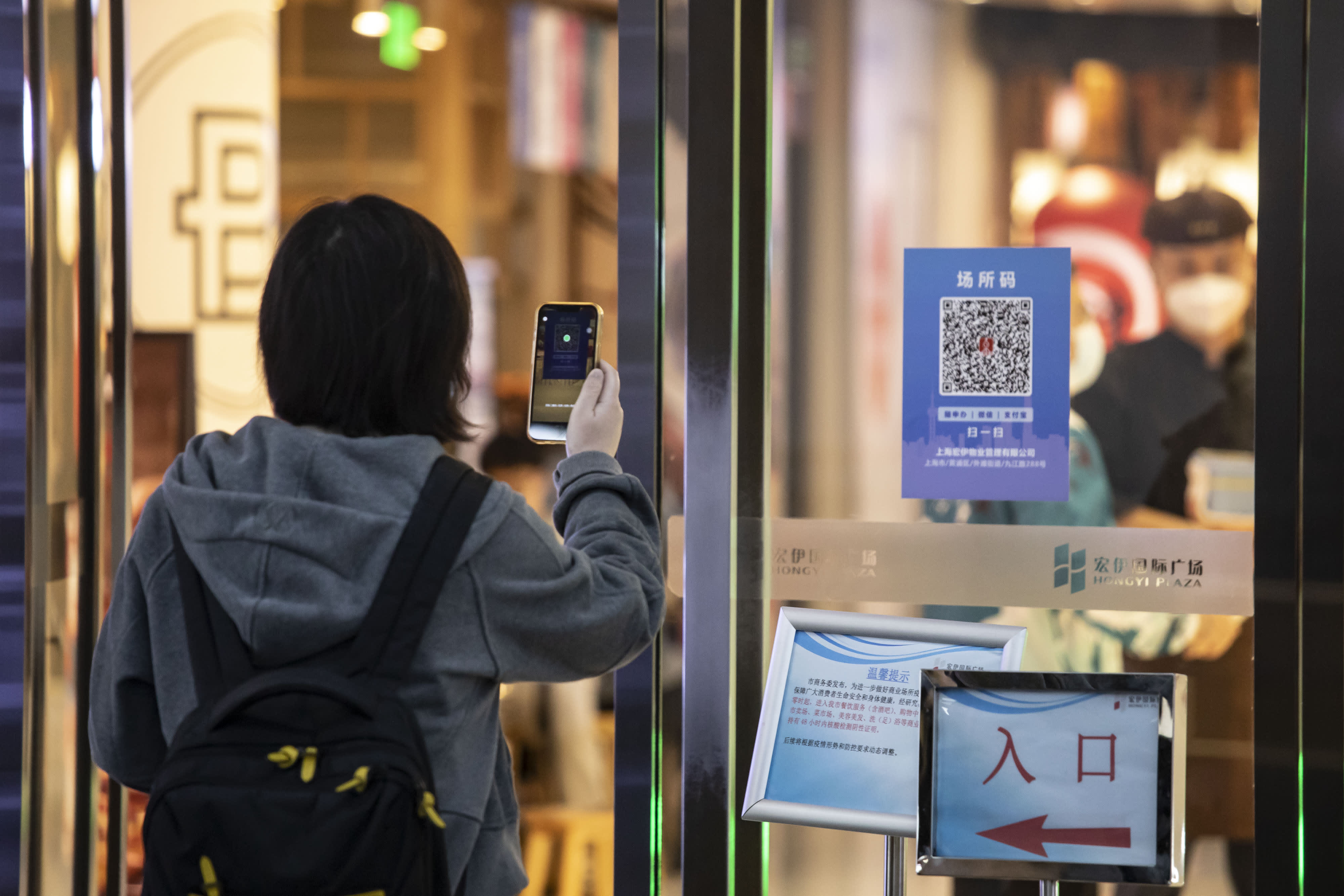
China’s reopening could bring opportunities as well as risks to its economy, Albert Park, chief economist at the Asian Development Bank told CNBC.
Although the lifting of Covid restrictions in China would boost growth prospects for the country and other economies, it could also lead to an increase in Covid-19 cases, he said Wednesday.
“The one area where there might be upside risk would be China’s reopening. And of course, there’s both downside and upside risks for the China case because as they reopen, we know cases are going to have to spread pretty quickly,” Park said.
There could be “waves in different parts of the country at different times,” Park said. “And there’ll be a strong temptation by the government to reimpose controls or step back. That could be very disruptive for economic activity.”
But that is the price the government would have to pay if it wants the country to open up and transition back to life without the zero-Covid policy, he added.
This week, ADB downgraded its 2022 growth forecast for China to 3% from its previous projection of 3.3%. It also predicted China’s economy would grow by 4.3% in 2023, downgrading its September growth estimates of 4.5%.
The development bank has also trimmed its growth forecast for developing Asia and the Pacific to 4.2% from September estimates of 4.3%, and cut its 2023 outlook for the region to 4.6% from 4.9%.
Recurring lockdowns in China is one of the three big headwinds that are slowing down the region’s recovery from the pandemic, according to ADB. Monetary policy tightening by central banks around the world and the prolonged Russia-Ukraine war are factors contributing to slower growth as well, the bank said.
“The sooner China can get there … the sooner they can get a real recovery in demand and actually boost growth prospects” for itself and other economies in the region, Park added.
Boost to Hong Kong’s reopening
China’s reopening will be good for Hong Kong as tourist arrivals will likely increase, said Allan Zeman, chairman of the Lan Kwai Fong Group, a real estate owner and developer in Hong Kong’s clubbing district.
“China is the big kahuna and it’s really important that they are opening up … It’s time that they get back to work again,” Zeman told CNBC on Wednesday.
His comments came a day after Hong Kong further eased travel and mobility measures.
Restrictions on Hong Kong travelers visiting bars or dining in at restaurants have been scrapped, and people in the city are no longer required to use the Covid contact tracing app, LeaveHomeSafe.
However, they can’t completely abandon the app just yet as certain establishments may still require them to show proof of vaccination.
It’s been surprising how quickly businesses in Hong Kong have bounced back, and those that left Hong Kong due to its stringent measures in the past are ready to return as well, claimed Zeman.
“They’ve been so pleased with the result of yesterday and many are planning their trips back,” he said, referring to people who do business in Hong Kong.
With regard to tourism, China’s reopening will accelerate Hong Kong’s recovery to “bring us back to the old days again,” according to Zeman.
“No tourists were coming so that tourist dollar was really, really lacking. But I think going forward now, with tourists I’m expecting a big bounce and tourism coming back again.”
Residents in Hong Kong have also taken advantage of easing measures to travel abroad.
Hong Kong’s flag carrier Cathay Pacific reported on Tuesday that it carried almost 530,000 passengers in November. This was a 652.1% increase compared with the same time last year, but a 79.9% drop from pre-pandemic levels in November 2019.
“We continued to add more flights to more destinations last month, in particular to and from popular places in Japan as well as Southeast Asia, which saw huge demand from Hong Kong,” Cathay Pacific’s Chief Customer and Commercial Officer Ronald Lam said in a statement.
Although Hong Kong and China’s recovery looks to be on the horizon, Zeman warned that opening up could be “one step forward, then three back, then two steps forward again.”
Source: CNBC
